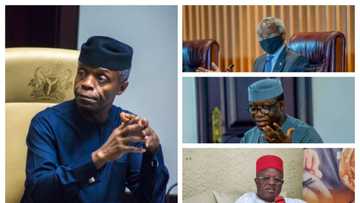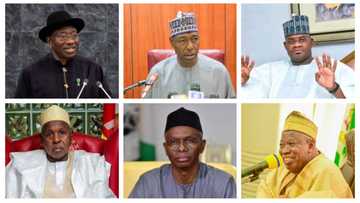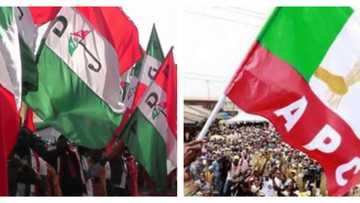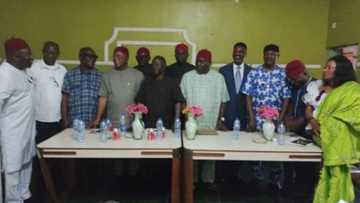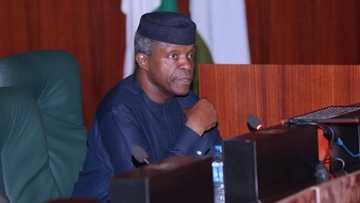Analysis: 4 reasons why APC, PDP may not zone 2023 presidential tickets to southeast
- Though the next presidential election comes in 2023, the agitation regarding which zone should succeed the north is a trending political issue in the country
- The southeast appears to be most committed, arguing that it is the only zone yet to produce Nigeria's president since 1999
- This analysis takes a look at some factors why APC and PDP may still not consider the zone in 2023 such as prospects of victory, voter turnout, non-inclusive politics and leadership crisis
PAY ATTENTION: Join Legit.ng Telegram channel! Never miss important updates!
The discussion on which zone produces President Muhammadu Buhari's successor in 2023 is unarguably one of the topical issues in Nigeria's political space at the moment.
While the southwest, and recently the north again, have shown interest in producing the next president, the southeast appears to be the most invested in the 2023 presidency.
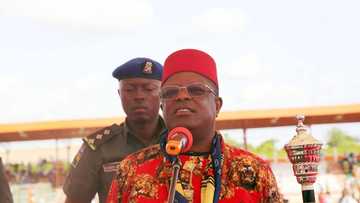
Read also
Presidency 2023: I will feel bad if APC doesn’t give southeast opportunity - Governor Umahi opens up
The zone rightfully argues that it is its turn to produce Buhari's successor as it is the one zone yet to produce a president since Nigeria's return to democracy in 1999.
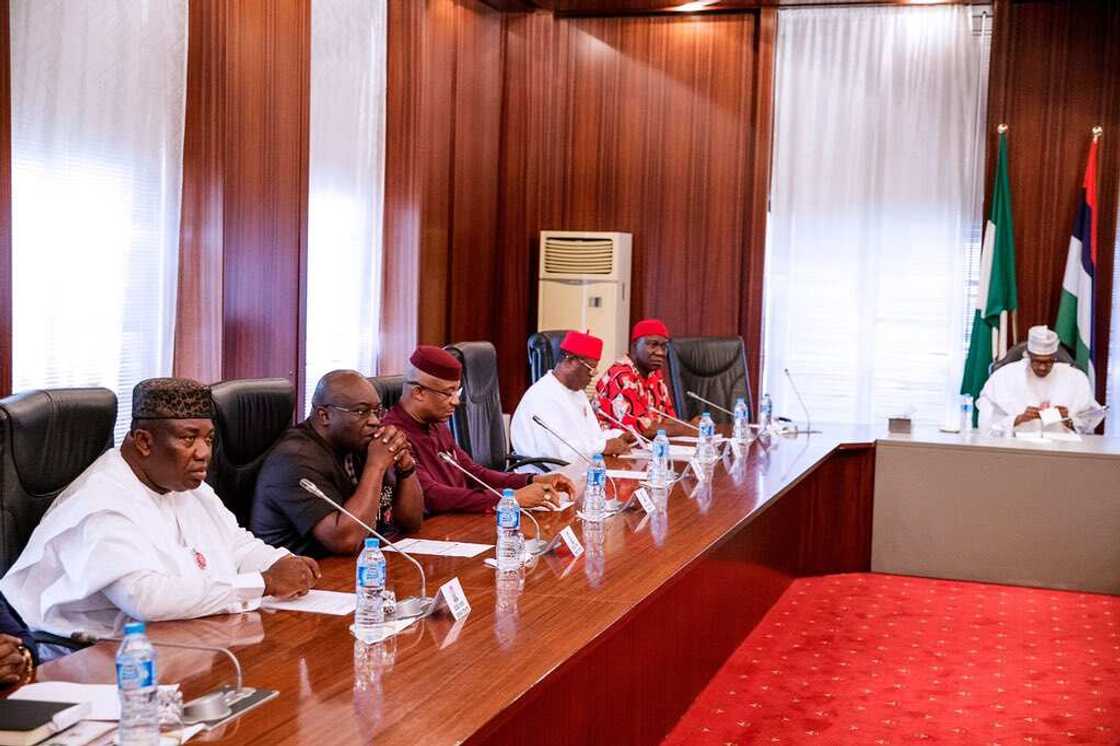
Source: Facebook
PAY ATTENTION: Join Legit.ng Telegram channel! Never miss important updates!
Governor David Umahi of Ebonyi state, who also doubles as the chairman of the Southeast Governors' Forum recently defected from the Peoples Democratic Party (PDP) to the APC allegedly on similar ground.
Also, the Igbo apex socio-political organisation, Ohanaeze Ndigbo, has reportedly fixed solidarity march in the five states to campaign for Igbo presidency in December.
However, despite its justifiable argument and commitments, this piece analyses why the two leading political parties in the country, the ruling All Progressives Congress (APC) and the PDP, may not zone its 2023 presidential tickets to the southeast.
1. Southeast's political disadvantage
Political parties' major aim is to be in power, not necessarily to appeal to ethnic sentiments. And to achieve political power in a democracy, numbers are very important.
If the APC considers giving the presidency to the south, southwest has a clear edge over the southeast in terms of numbers.
Currently, the APC controls five out of the six states in the southwest (Lagos, Ogun, Ondo, Ekiti and Osun) unlike the situation in the southeast where it controls only two states (Imo and Ebonyi states).
In the 2019 presidential election, APC secured a total of 2,036,450 votes in the southwest and 403,968 in the southeast.
In terms of popularity, the APC has more goodwill and prospects in the southwest than the southeast. Thus, the party may have little or nothing to lose if it does not zone its ticket to the southeast.
Besides, the southwest also has more prominent people in the APC, such as Bola Tinubu and other key chieftains, who can influence the party's decision and secure the presidential ticket.
Meanwhile, despite the fact that the PDP is more influential in the southeast, it still got more votes in the southwest in the 2019 presidential election.
The PDP secured a total of 1,776,670 from the southwest while it got 1,693,579 from the southeast.
Southeast had the least number of registered voters in the 2019 election while the southwest had the second-highest, according to the data by StatiSense which is reportedly sourced from the Independent National Electoral Commission (INEC).
2. Poor turnout of voters in the southeast
The southeast's lack of numerical advantage is compounded by its relative lack of interest in the nation's political process.
Also, data by StatiSense which was also reportedly sourced from INEC indicates that the southeast had the lowest voter turnout in the 2019 presidential election.
The summary of this is that appealing to the interest of the southeast zone in a presidential election cannot guarantee both APC and PDP's victory unless other zones are in support of the region.
And this leads to the third factor: lack of inclusive politics
3. Lack of inclusive politics
Nigeria's current political system necessitates playing inclusive politics if you have your eyes in the presidency. For too many years, the southeast has refused to be dynamic in its political orientation and voting style.
It's time for political stakeholders in the region to stop being loyal to just one party and be open to new possibilities; perhaps Umahi's defection will open the region's eyes to this reality.
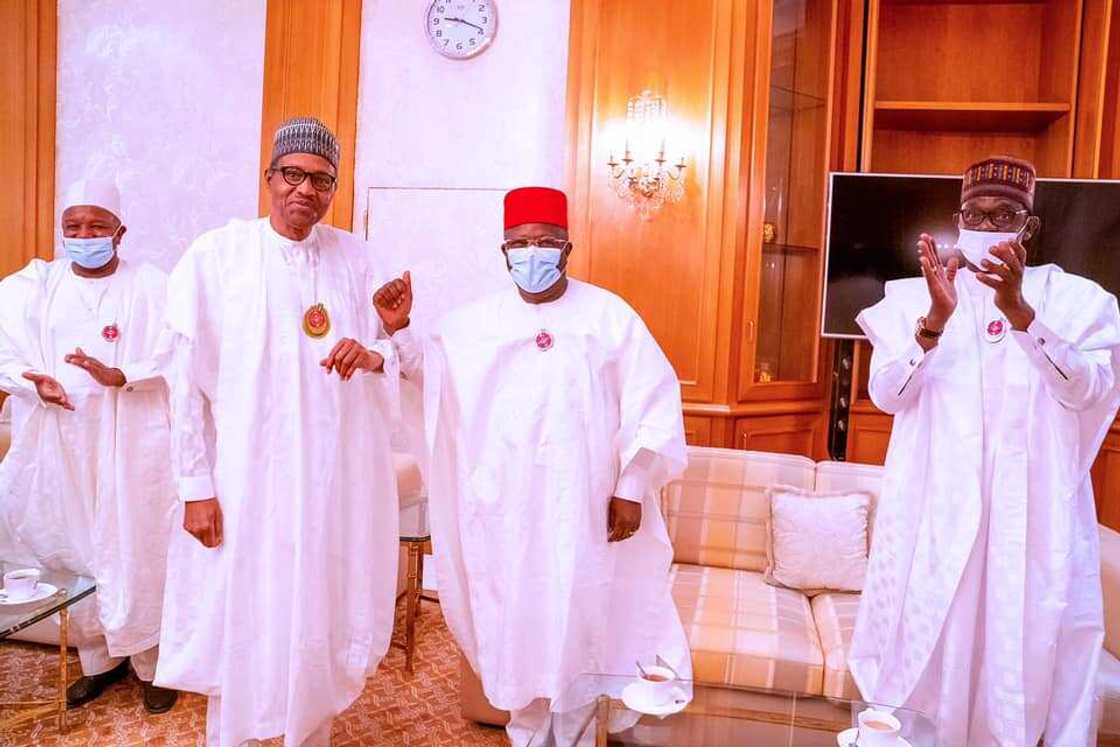
Source: Facebook
No political party that is interested in power will pick a presidential candidate that does not command influence in the northern region.
Recently, Mallam Isa Funtua of blessed memory said this regarding the actualisation of Igbo presidency:
“Since when has politics in Nigeria become turn by turn Nigeria Limited? I was the coordinator of the campaign of the NPN in 1983; I know Nigerian politics, you chose your candidate who will be able to bring votes to you to win election, not on regional basis, not on tribal basis. Is he going to be the president of the North, East, South-west, South-south or whatever?
“If the Ibo wants to be president, then they must belong. If you don’t belong, then you can’t be the president. That is the issue and we have seen it with MKO Abiola of blessed memory. He went out of his way, he cultivated people.”
Summary: the two leading parties can only zone its ticket to the zone if they are sure they can get candidates who will not only appeal to other zones but also secure winning votes for them. This is not really about competence, it's about political influence.
4. Disunity and leadership problem
In the buildup to the 2019 elections, Atiku Abubakar's choice of Peter Obi as his running mate led to an unnecessary political crisis among the PDP leaders in the southeast.
For a zone that wants to take control of the national politics, the choice of Obi who has a relatively national appeal shouldn't have caused any grievance.
The PDP, considering this past experience, will think twice before zoning its ticket to the southeast.
To conclude, as far as political considerations are concerned, the southeast's chances of producing Nigeria's president in 2023 is almost non-existent. The only argument in favour of the zone is that it is yet to produce the nation's president since 1999.
***********
Nurudeen Lawal is a Legit.ng journalist passionate about fact-checking/verification journalism. He holds a Bachelor of Arts degree in Literature-in-English from Obafemi Awolowo University, Ile-Ife, Osun State. As Politics Editor, Nurudeen mostly writes on Nigeria’s political and socio-economic developments. He has attended different workshops, conferences and training on fact-checking and digital reporting, among others. Learn more about him on Twitter, @Nurudeen Lawal_
Source: Legit.ng

